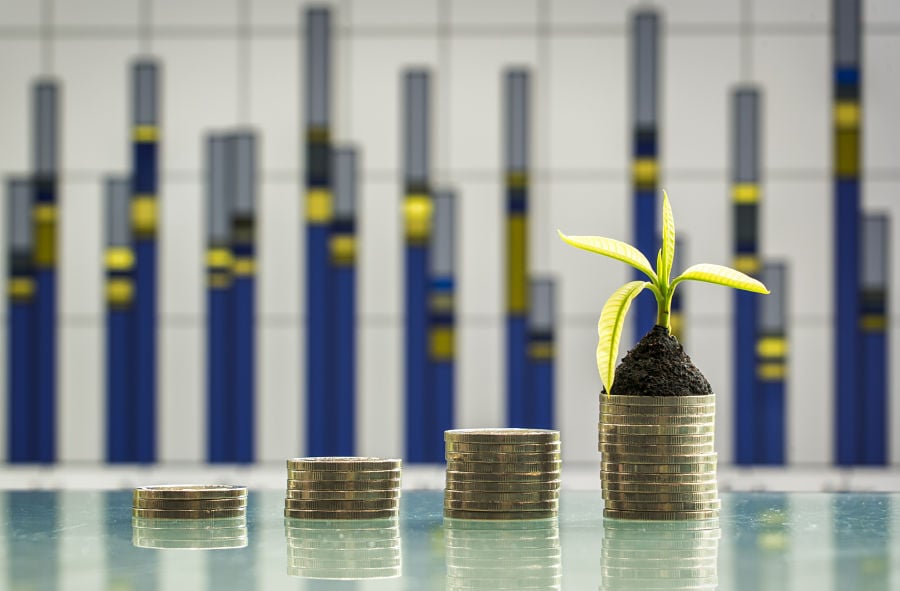

The strong recent performance of sustainable investing strategies has sparked a curious shift from investing to do good for the planet, to investing to do good for the portfolio.
That was among the findings from a global survey of investors commissioned over the summer by Schroders.
Describing 2020 as an “inflection point” for sustainable investing, Sarah Bratton Hughes, head of sustainability for Schroders in North America, said, “It is now less about risk and more about return.”
“More Americans are investing in sustainability in order to gain alpha,” she said.
The Schroders Global Investor Study, which is based on surveys of nearly 24,000 investors in 33 countries, still showed a general appeal for having a positive impact on the planet and society. But Hughes said Americans stood out for suddenly viewing sustainable investing strategies as performance enhancements, as opposed to much of the rest of the world that still turns to sustainable strategies primarily for risk mitigation.
Asked about the appeal of sustainable funds, 45% of American respondents cited the positive environmental impact, compared to 52% of global respondents.
But 39% of Americans cited investment performance as a strong appeal, compared to 38% of global respondents.
In terms of describing the attributes of a sustainable fund, 69% of American survey respondents agreed that investing decisions should be based on profitability and long-term investment performance. By comparison, 59% of global respondents agreed with that same statement.
Looked at another way, 42% of American respondents described a sustainable fund as one that invests in companies that are best-in-class when it comes to environmental, social or governance issues “even if they are not the most attractive investments.”
Among global respondents, 51% subscribed to the above statement.
“We’re seeing a differentiator of how Americans are thinking about sustainable investing compared to the rest of the world,” Hughes said. “They are looking at sustainable investing not from values perspective, but value creation perspective, while the rest of the world is thinking of sustainable investing as a risk mitigator.”
In terms of drivers to increased allocations to ESG strategies, the survey results show investors want more and better data on how sustainable investments are defined and monitored.
Regular reporting showing the impact on the planet and society was of interest to 32% of American investors and 40% of global investors.
As a sign of growing ESG concerns over greenwashing, 38% of American investors want some kind of self-certification that an investment is actually doing what it promises, which compares to 36% of global investors.
Third-party ratings of sustainable status was preferred by 34% of American investors and 29% of global respondents.
“Americans continue to be concerned about greenwashing,” said Hughes, who believes some of the ESG concerns will eventually be addressed by regulators.
As far as what would make investors withdraw money from a sustainable strategy, 69% of American investors said they would likely withdraw their money if a company had a financial or accounting scandal, which compares to 64% of global investors.
Other factors that would lead investors to sell out of a sustainable strategy include privacy breach, environmental scandal and human rights scandal.

Relationships are key to our business but advisors are often slow to engage in specific activities designed to foster them.

Whichever path you go down, act now while you're still in control.

Pro-bitcoin professionals, however, say the cryptocurrency has ushered in change.

“LPL has evolved significantly over the last decade and still wants to scale up,” says one industry executive.

Survey findings from the Nationwide Retirement Institute offers pearls of planning wisdom from 60- to 65-year-olds, as well as insights into concerns.
Streamline your outreach with Aidentified's AI-driven solutions
This season’s market volatility: Positioning for rate relief, income growth and the AI rebound
